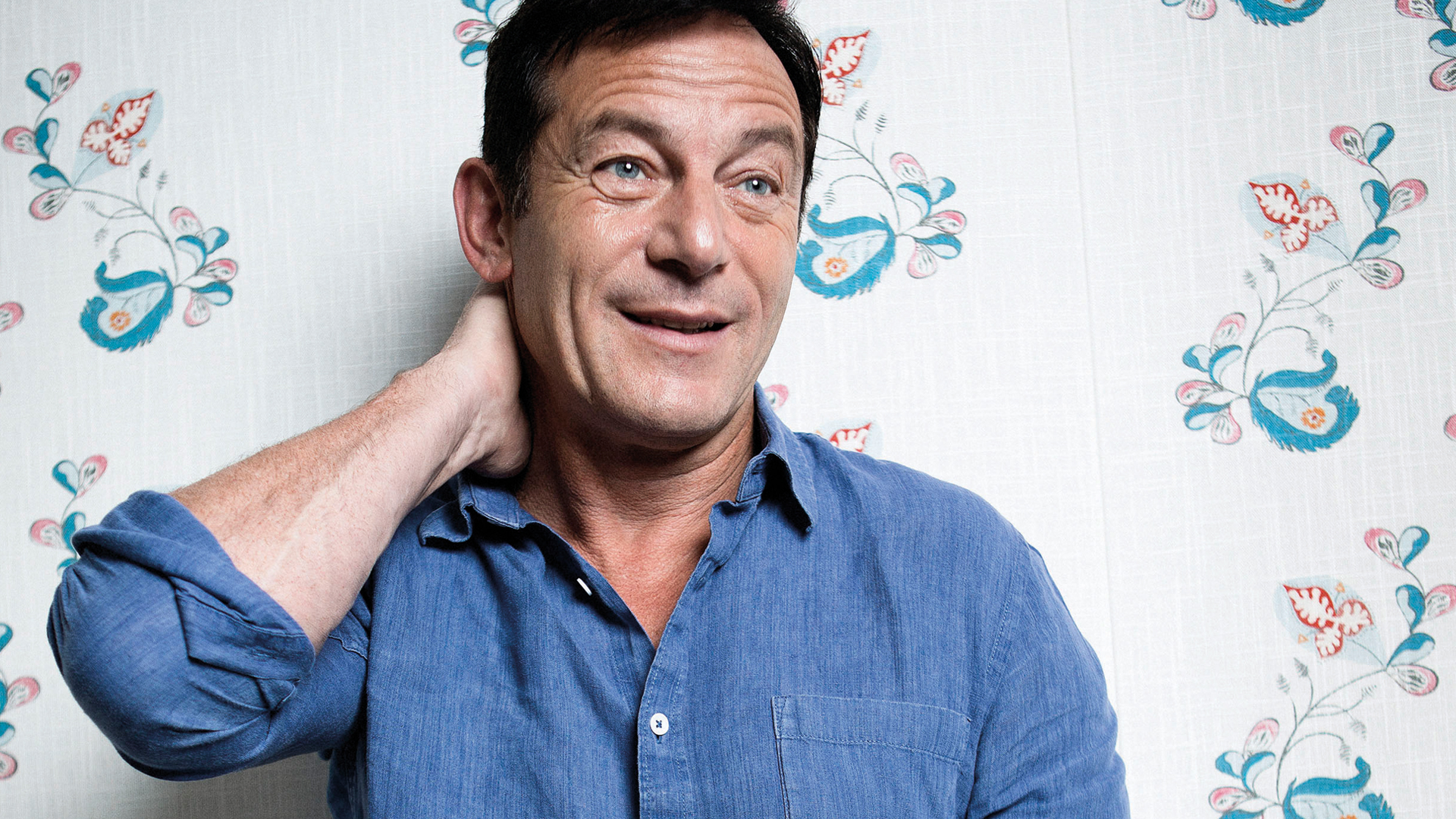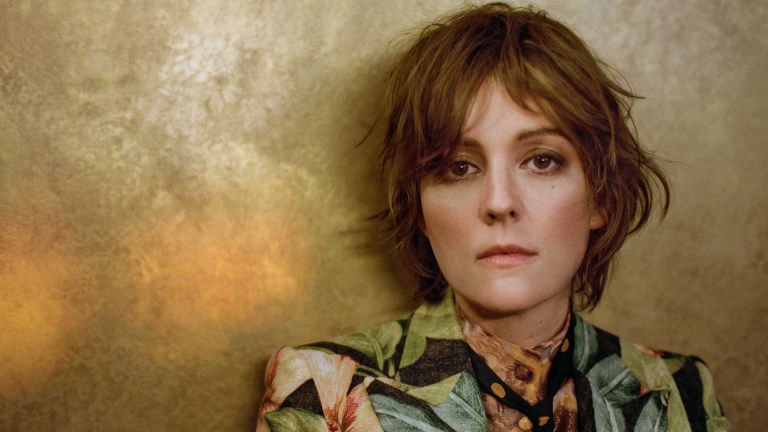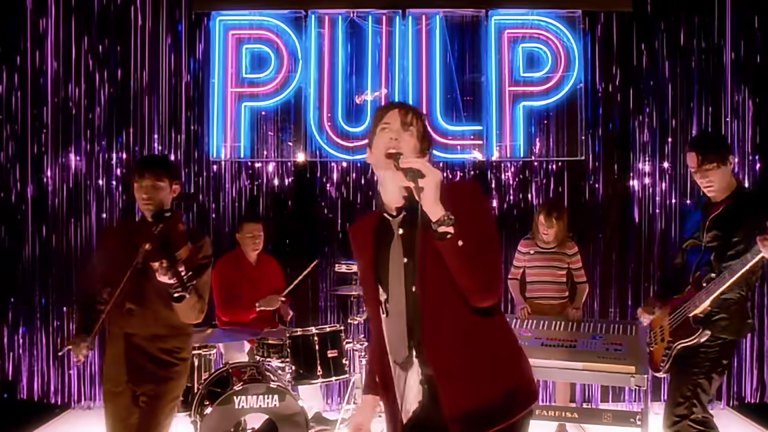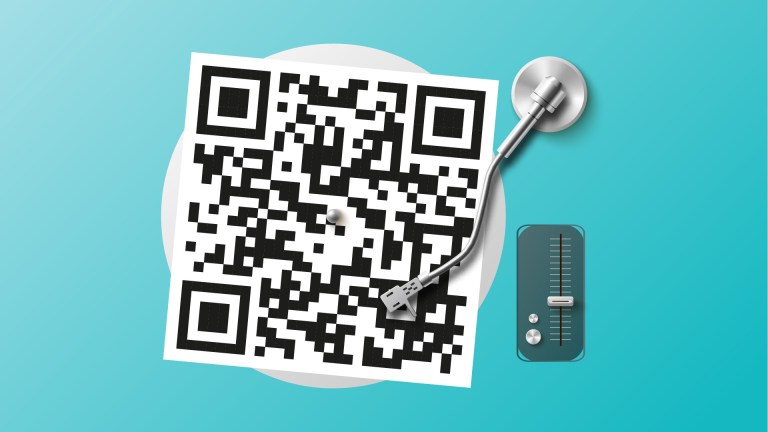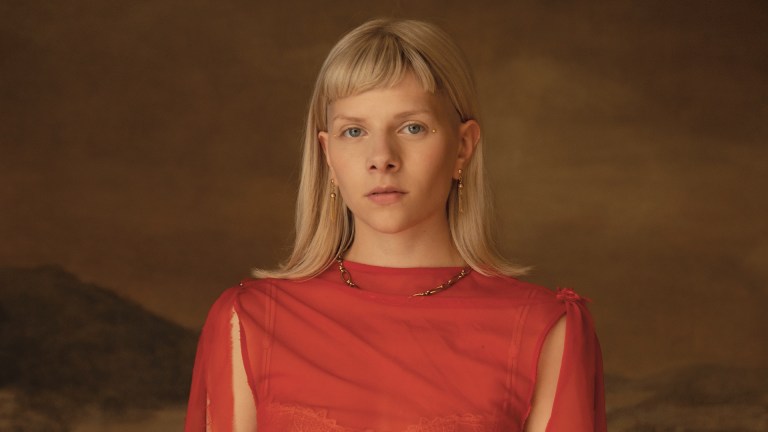The first thought I have about advising my younger self is that nothing I could say would make the slightest bit of difference because I never listened to a word that anyone ever told me. I was convinced that nobody came from the same twisted, dark, cracked mould as I did, so advice from anybody else was coming from normal people from the normal world. What could they possibly understand about me and the noise in my head? I was terminally unique. I’ve always had an addictive personality and by the age of 16 I’d already passed through drink and was getting started on a decades-long love affair with drugs. Every action was filtered through a burning need I had for being as far from a conscious, thinking, feeling person as possible. No message would get through for nearly 20 years.
We’d moved from Liverpool to London when I was 11 and I’d dropped my accent overnight as soon as the first person took the piss. I went full Statham overnight. Never quite sure who to be in any company, even with my family, I reinvented myself at every turn to match requirements. I went to school with the great film reviewer Mark Kermode, and in his autobiography he remembers me as an incredibly confident kid who was the first person to take a skateboard to school and even to swear in class. That must have been true, to him, but to me – at least in my memory, it was all bluff. Maybe that’s true for all teenagers, but I was keenly aware and self-conscious about it even at the time. I was a pro skateboarder and was completely different characters with completely different accents down at the South Bank, at school, or out with my much older, local friends. To know me was to know someone who took the piss constantly, tried hard to be thought of as clever and funny and cynical and who avoided anything that approached honesty, vulnerability or, god forbid, kindness. For which read weakness. I come from a family of four very competitive, argumentative brothers, a force-of-nature mum who had to have the last and loudest word and a dad who was shell-shocked by the artillery displays over the dinner table. There was definitely a version of love around but no time or space for kindness, or an understanding of why gentleness, apologies or compromise should ever have a place in the world. I probably felt like that right up until I met my wife. The guard was always up.
I remember the first time it came down and I got drunk. I was 12 and with my 14-year-old friend at his older sister’s wedding on Tottenham Court Road [in Central London]. The barman, who we thought at the time was a hero and I now realise belonged in prison, sneaked us a full bottle of Southern Comfort. We drank the entire thing in the toilet, then staggered out into the party, reeling around farcically. I vomited, fell on and pulled down a giant curtain, snogged a girl, god bless her (I’m so sorry if you’re reading this, I hope your life took a turn for the better after that), ran out into the street, vomited again, tripped, smashed my head open on the pavement and gushed blood all over my clothes. The next morning, I woke up with a splitting headache, stinking of puke with a huge scab and the memory of having utterly shamed myself. All I could think was… I cannot fucking wait to do that again. Why? I’ve no idea. Genes? Nurture? Star sign? I just know I chased the sheer ecstatic joy I felt that night for another 20 years with increasingly dire consequences.
At age 19 I went to Bristol University to study law. I loved an argument – still do. I found myself surrounded by a lot of mind-bogglingly posh people that I hadn’t known really existed outside of comedy sketches. Sloane rangers, as they were called then, with country houses and absurd nicknames, the men in uniforms of beige cords and stripy pink and white shirts. I did the thing I’d done my whole life, and instantly sounded and looked just like them. I’m not sure I fooled anyone, but, even so, I felt like I was undercover on an alien planet. Wandering through the union building after a couple of weeks, legless on subsidised beer, I saw a sign on a door saying, ‘Can you do a northern accent?’ It was an audition for a play, though I’m not sure I realised. I went in and read in the Liverpool accent I’d buried years before, got cast, and suddenly my life changed. In the rehearsal room we were having real conversations about what makes humans who we are, peeling all the layers of fakery back, exploring how we get jealous, why we bully, why we love, why we hate… the building blocks of life. It didn’t matter who you were outside the room, what tribe you came from, whether you had the right uniform, the right voice, what baggage you had. Inside the rooms we were the raw ingredients. I felt, for the very first time, completely myself as myself. I just couldn’t get enough of it and spent the rest of my three years at university doing play after play, acting, producing, directing and living it.
When it was time to leave, I knew some people were applying to go to drama school, which just felt like the most remarkable act of hubris, completely ludicrous. We were amateurs. I’d never known anyone who worked in the arts or even had an artistic hobby. But it was only a tenner to audition and I’m embarrassingly competitive so I thought, fuck it, let’s see if I could have got in somewhere. Just for a laugh. Maybe I’ll keep the letter if I do. So, I went to audition at Central [The Royal Central School of Speech and Drama, London] and after a recall this very tall, very posh fabulous woman – an Amazonian version of Julie Andrews – took me aside and said, we’d very much like to offer you a place in September. And I went, right, um, wow. She looked down at me, paused a beat, and said, with full Mary Poppins coolness: I hope you’re not fucking us around – thousands of people apply for these fucking places you know. God no, I said, brilliant, amazing. Of course I’m coming. And I remember so clearly, walking down the road in Swiss Cottage, smoking a joint as usual, and thinking to myself, have I just decided the course of the rest of my life because it’s what I really want to do? Or is it because a posh woman swore at me? I still don’t know, but I’m glad I did, not least because I met my wife Emma [Hewitt] at Central and without her… Without her there is no me that I recognise or would want to know.
Ironically, after I made this decision to be poor but happy instead of rich and vacuous, I’ve actually made a decent living but often been artistically bankrupt. I don’t measure my worth by career or financial success at all. That way madness lies. My mum spent her whole life working for and starting various charities and it was always clear to me that the purpose of life is to be of service, and when you are of service, it fills a void in you that nothing else can ever touch. I forgot that for a bit in my 20s and 30s, but I’ll never forget it again. So now I’m an ambassador for the Red Cross, Great Ormond Street, Marie Curie, Lumos, Bravehound and a good few others. I’ve spent most of lockdown trying to raise funds and awareness for a bunch of great causes whose donations have dried up. I’m sure The Big Issue has struggled, and I’m thrilled to see vendors on the street again. I don’t do it because I’m nice, I try and help the most vulnerable among us because any of us could be in any situation in a heartbeat but, mostly, because it makes me feel so much better than any shit I could do for myself or buy for myself. It’s really that simple – you help, you feel good. Money or time, charities will take either or both and use it well. I recommend it.
